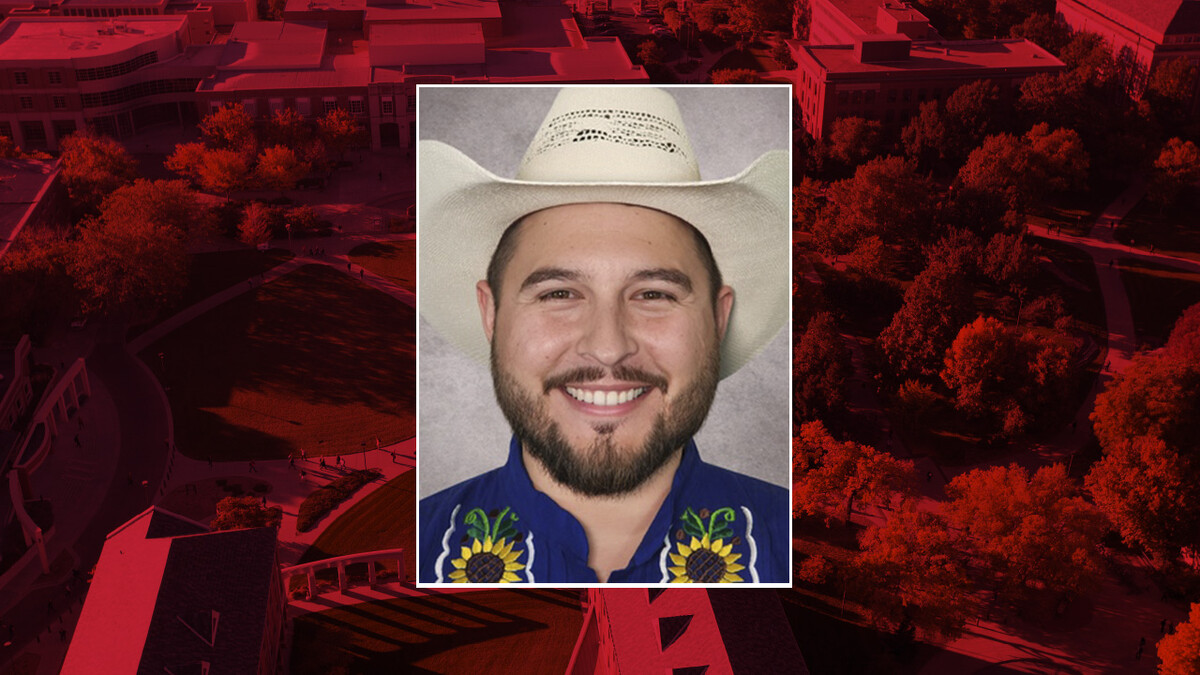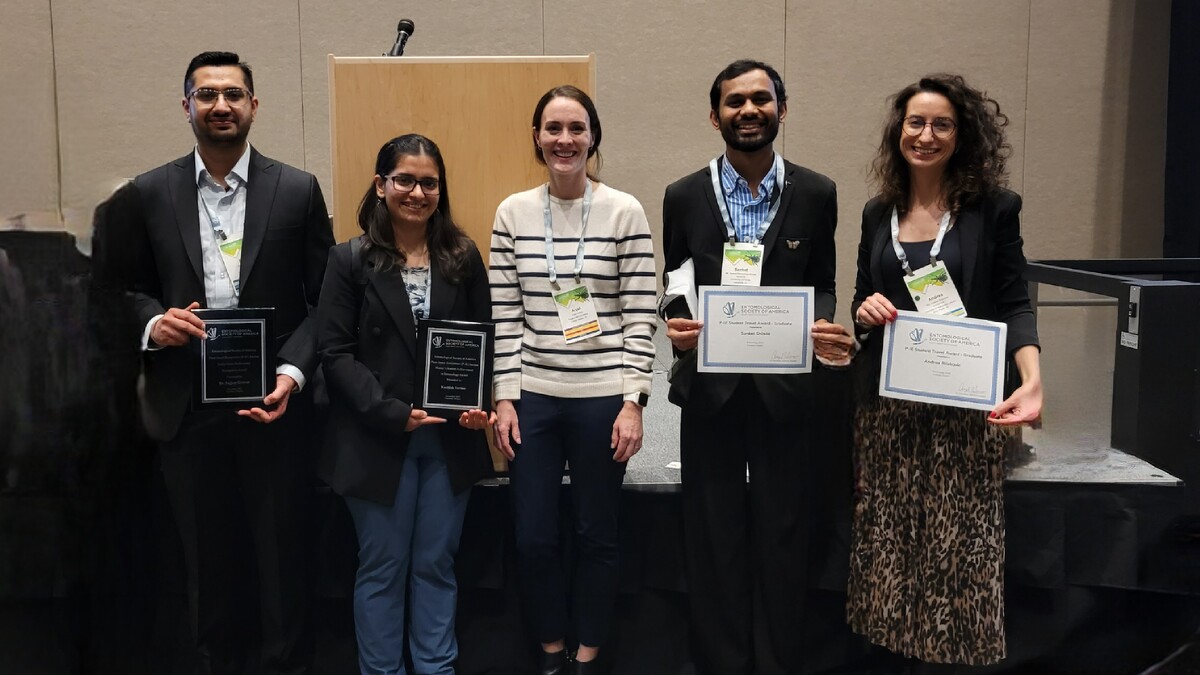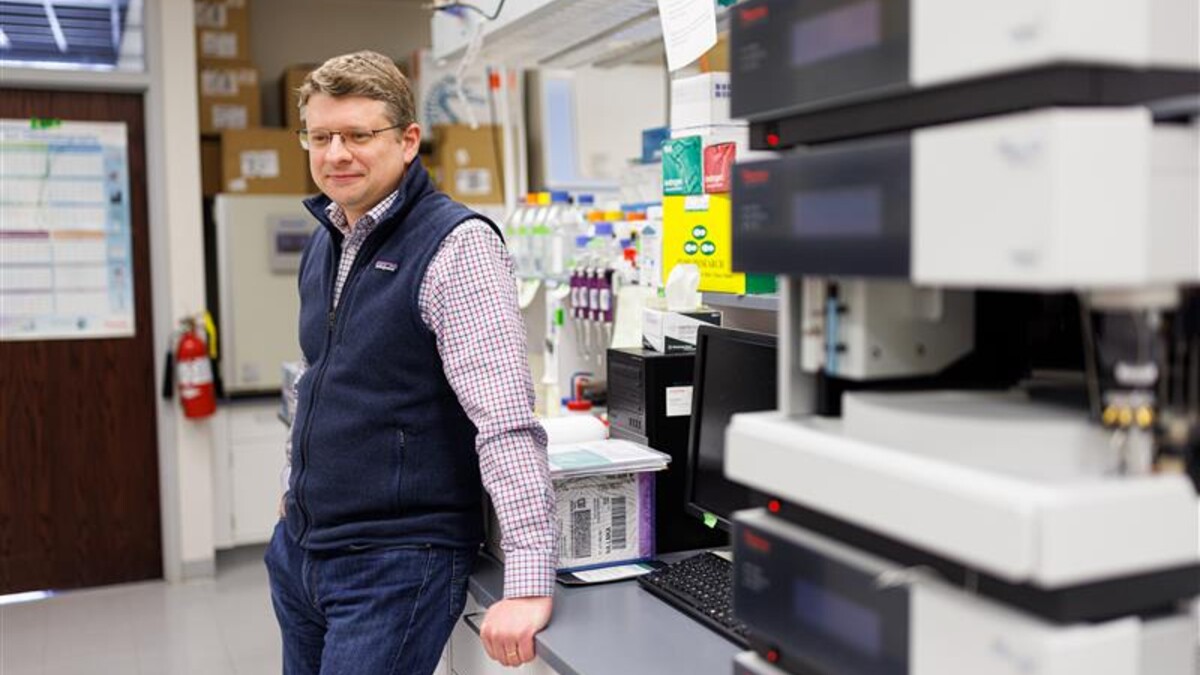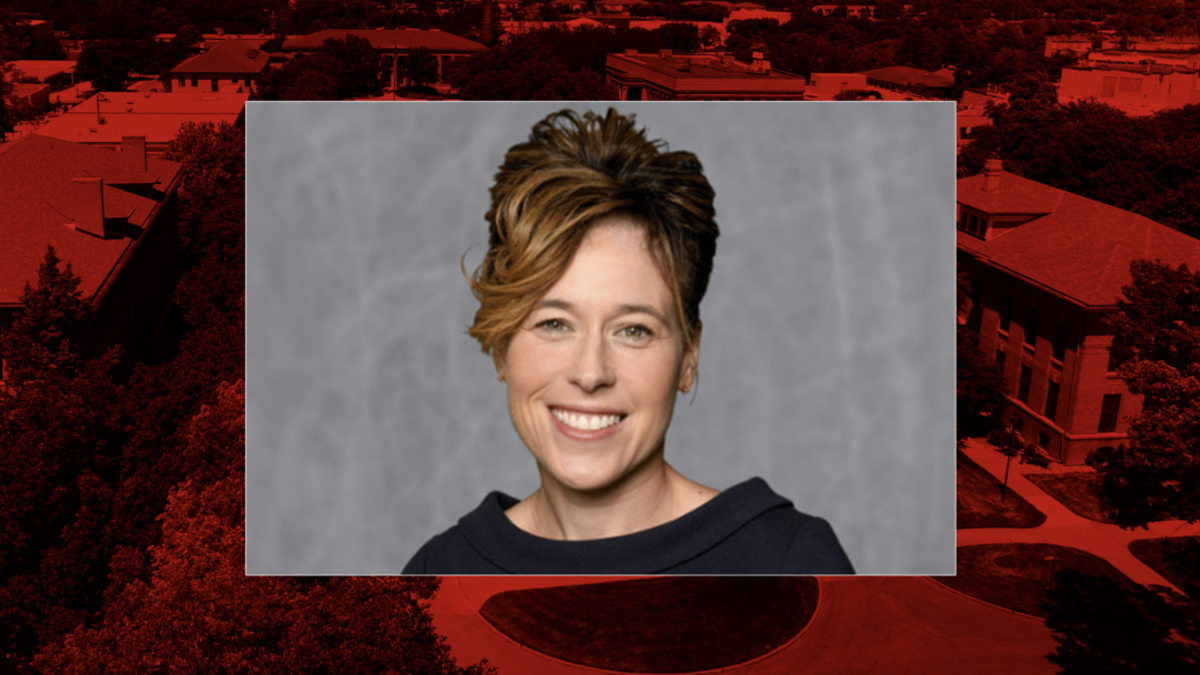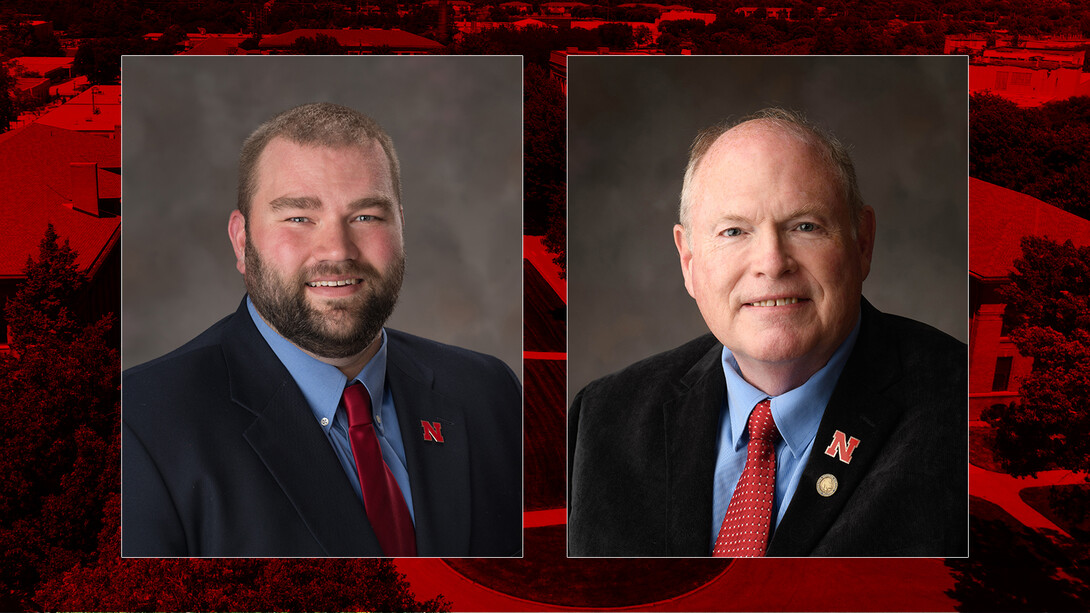
Lincoln, Neb. —Scott McVey, director of the school of veterinary medicine at the University of Nebraska-Lincoln, will also lead the Great Plains Veterinary Educational Center (GPVEC) near Clay Center as the interim director - a move that will more closely align the 30-year-old center that serves as a hub for the state's beef industry with the university's education mission.
Brian Vander Ley, an assistant professor and veterinary epidemiologist, will serve as assistant director at the center, overseeing center facilities and local relationships, while continuing his research appointment.
Over the past year renovation of student housing, addition of new team members, and creation of new internships opportunities have created a renewed focus on hands-on and experiential student learning opportunities at both the center, and at the adjoining U.S. Meat Animal Research Center (MARC), said Tiffany-Heng Moss, dean of UNL’s College of Agricultural Sciences and Natural Resources.
“The Great Plains Veterinary and Educational Center and U.S. MARC are two phenomenal platforms with a long history of serving the state’s beef and other livestock producers,” Heng-Moss said. More closely linking GPVEC with our school of veterinary medicine presents an incredible opportunity for our veterinary and animal science students to gain real-world experience and to become familiar with the many career opportunities available at both facilities and across our state. GPVEC is positioned to be the gold standard in food animal health and well-being educational training for veterinarians and those interested in integrated livestock production and health.”
The new leadership structure opens the door to host veterinarians-in-residence or visiting faculty members from other universities with strong animal science programs, Heng-Moss said. The new structure also will strengthen UNL’s role in the Professional Program in Veterinary Medicine, in which students complete two years of veterinary medicine education at UNL and then transfer to Iowa State University’s College of Veterinary Medicine for the final two years of study, all while paying in-state tuition.
“GPVEC has a tremendous legacy and has been a key component of the education of many food animal veterinary practitioners in Nebraska and North America for over 30 years,” McVey said. “It is exciting to continue this mission and find new, innovative approaches to be effective as educators. The integration of education, research, and extension occurs every day at the center.”
GPVEC opened in 1990 to serve as an information source for Nebraska’s beef industry. Its primary focus is to provide training for veterinary and graduate students, veterinary practitioners, beef producers, and industry stakeholders. UNL faculty members located at GPVEC are also engaged in both clinical research and extension work. For more information, visit http://gpvec.unl.edu.

